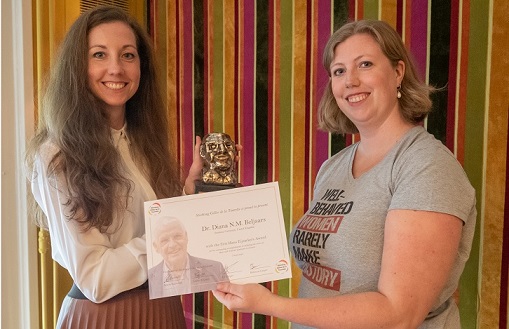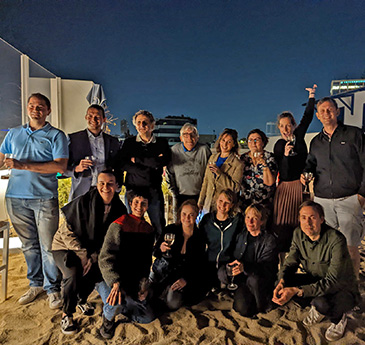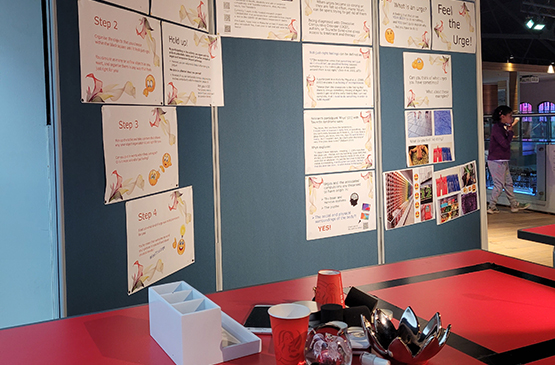About
I am interested in questions on the relations between the body and the environment as mediated through experience and as understood in in formal and informal knowledge systems. I approach such questions by considering the different rationalities at work in bodily performance and the worlds that are shaped by them. In particular, I examine them through the concept of compulsivity, which is a pathologised form of action that people feel urged to do but cannot readily explain.
One aspect of my work situates on the intersections of cultural, health, and disability geography, the medical humanities, continental philosophy, and the neuropsychiatric and psychological sciences of 'neurodiverse' 'ways of being'; in particular Tourette syndrome. Unpicking the ways in which experience is constructed through a postphenomenological lens, imy scholarship contributes to posthumanist efforts to understand human action as ecologically constituted. Employing qualitative methodologies, and working with mobile eye-tracking, my work introduces critical social scientific approaches to the study of Tourette syndrome.
Another aspect of my work focuses on
___________________
Currently, I'm a Research Officer on the EU-funded 3-year project 'COVINFORM'. I work with Professor Sergei Shubin (Geography) and Professor Louise Condon (Nursing) as part of the Swansea-based team to develop a case study to understand how certain groups in Wales have been more vulnerable to COVID-19 infection, illness, and death than others.
___________________




